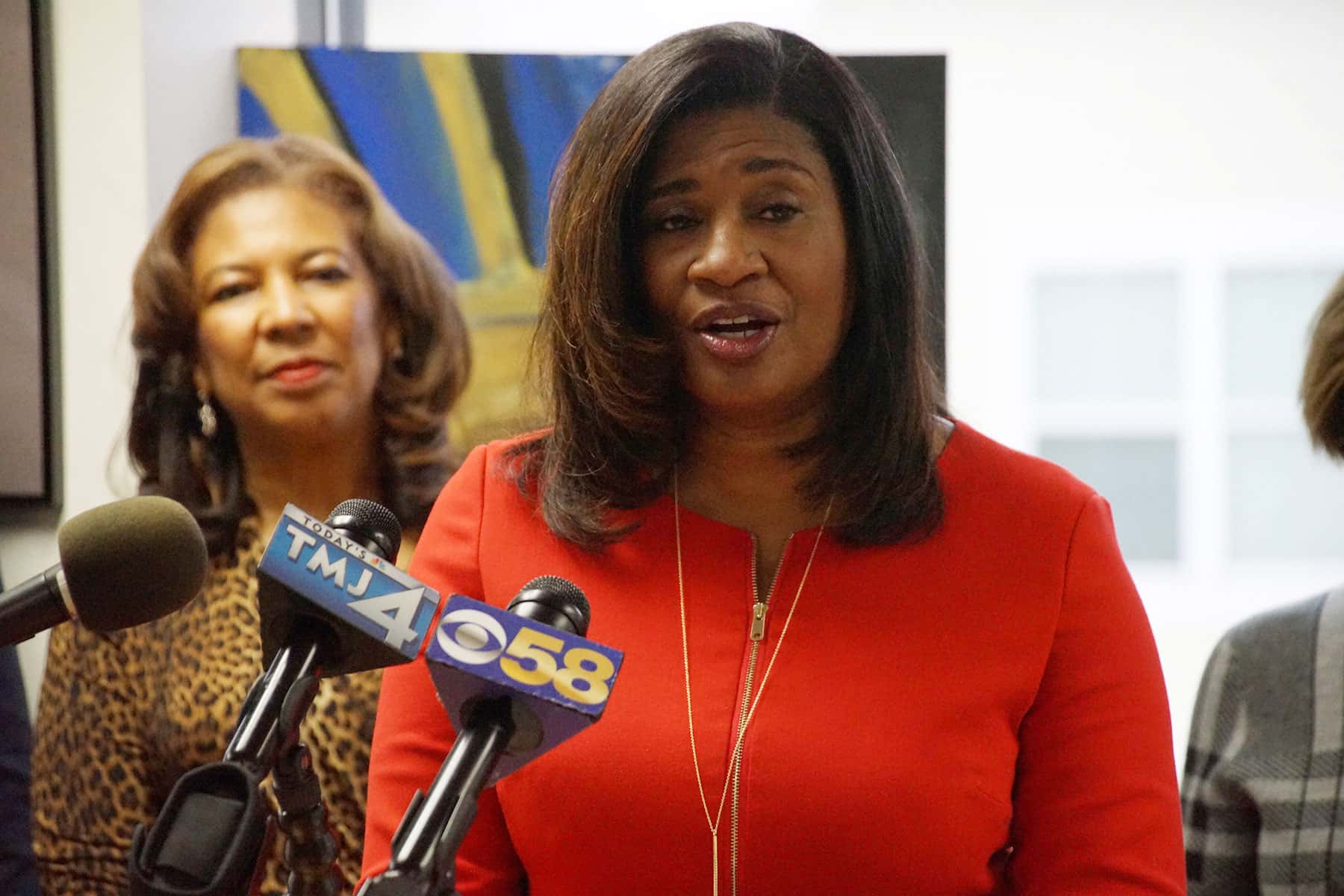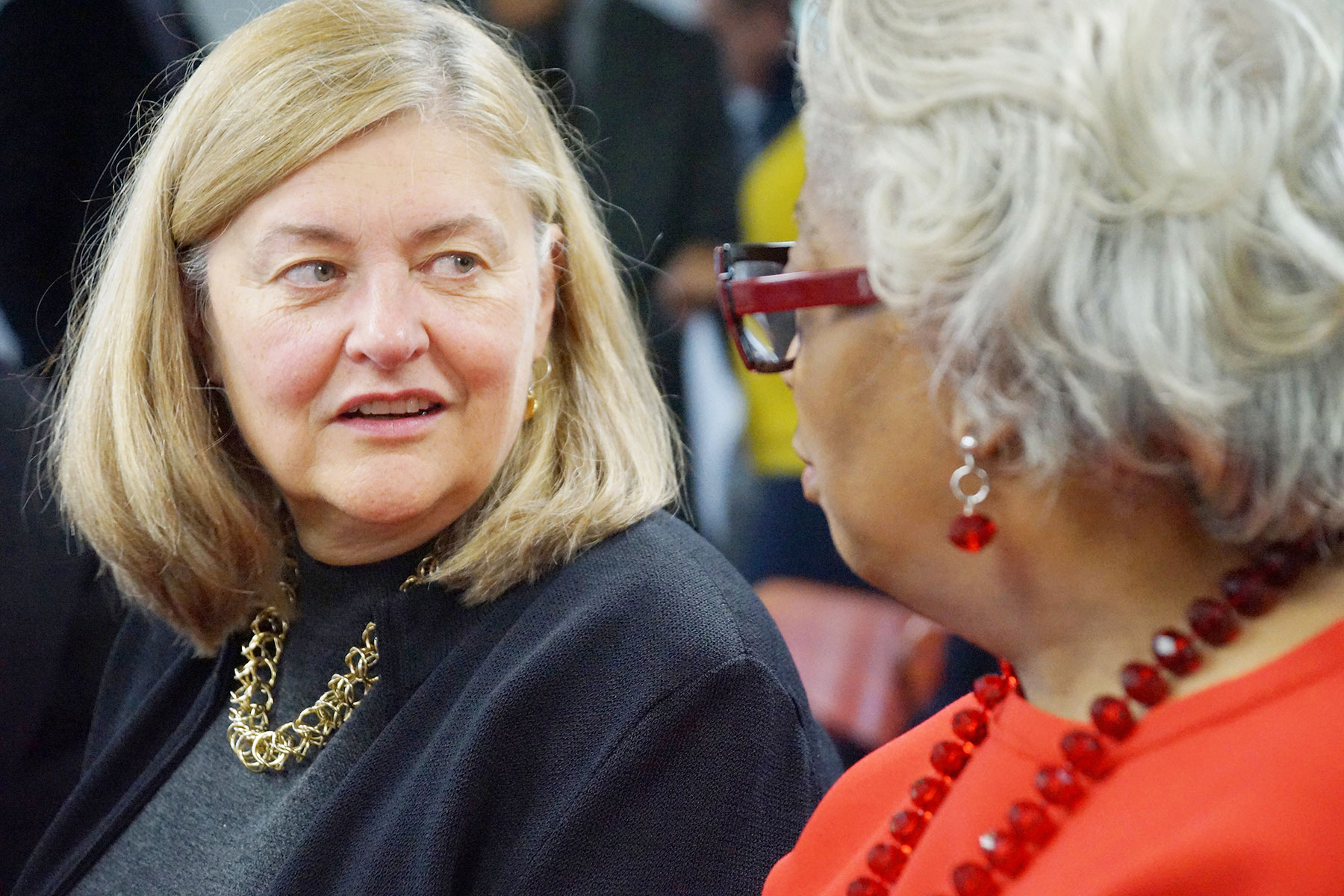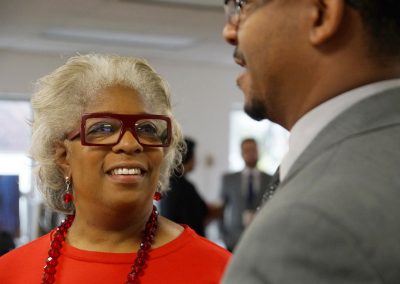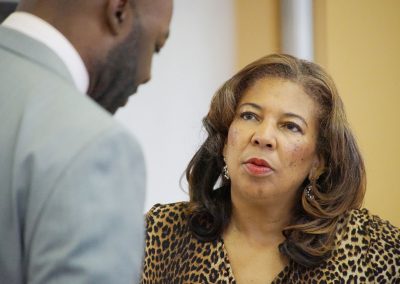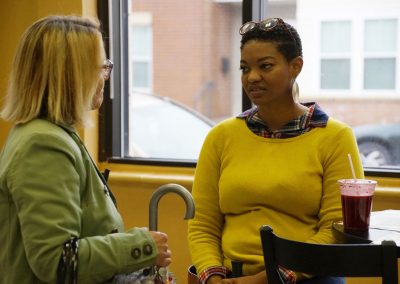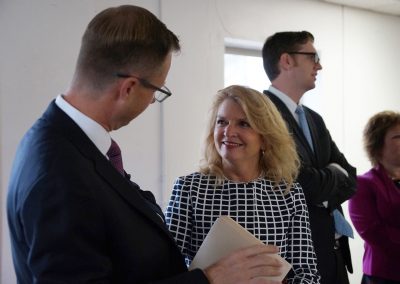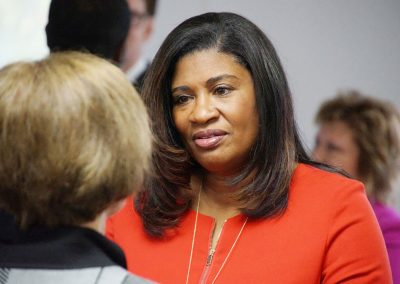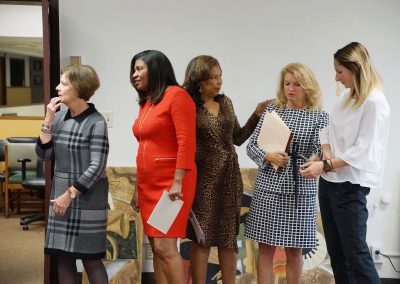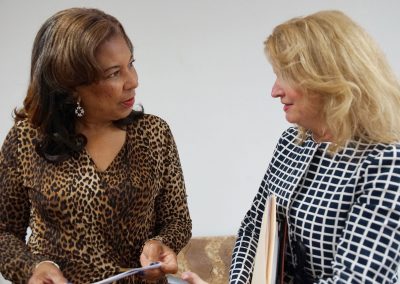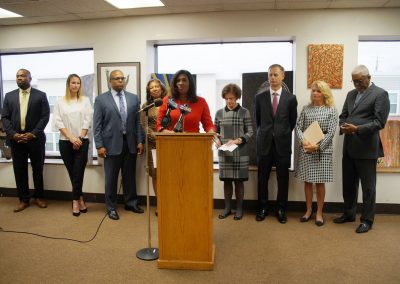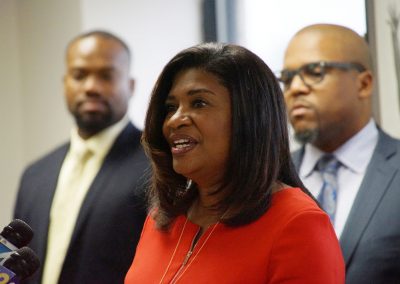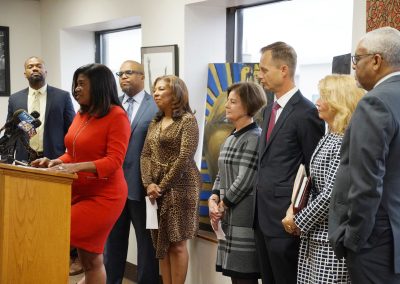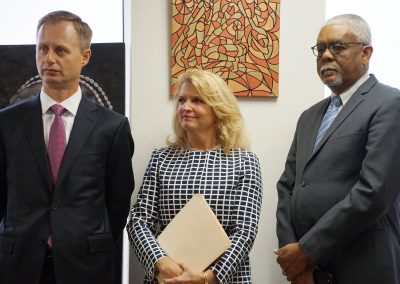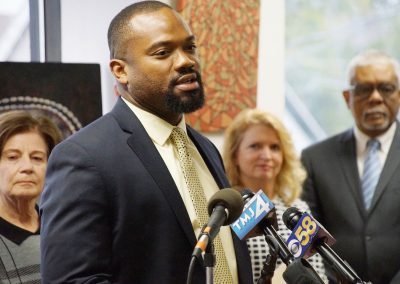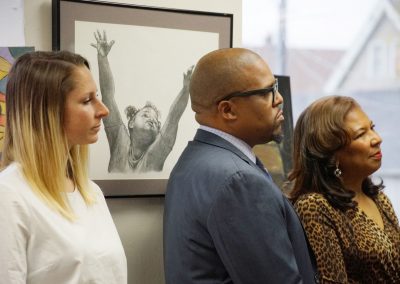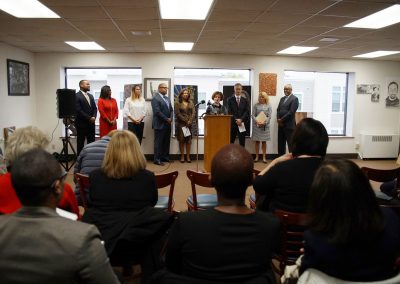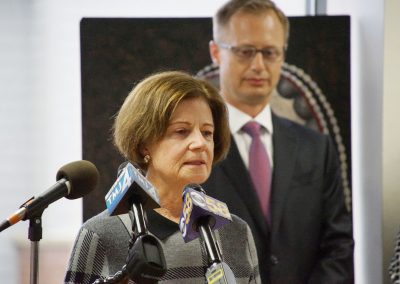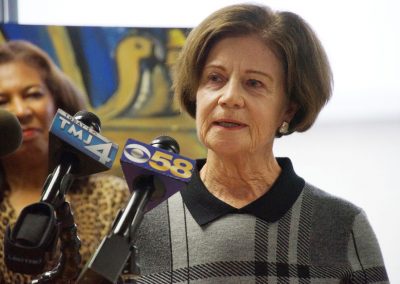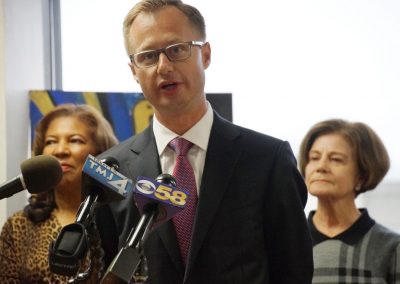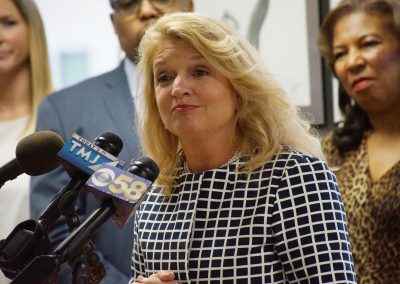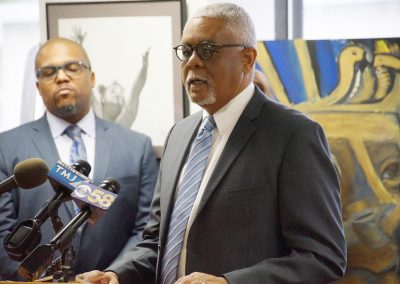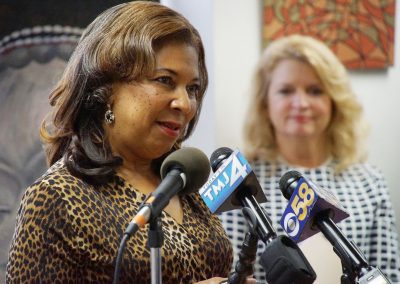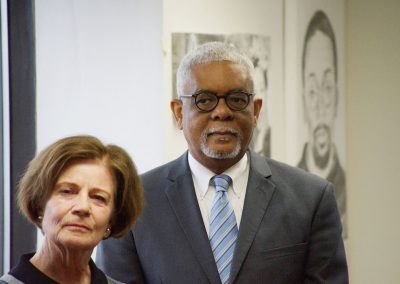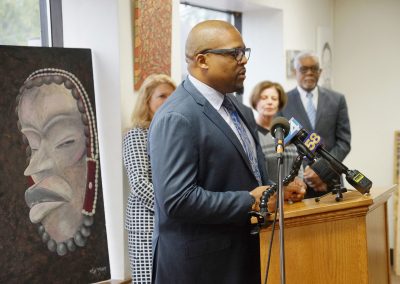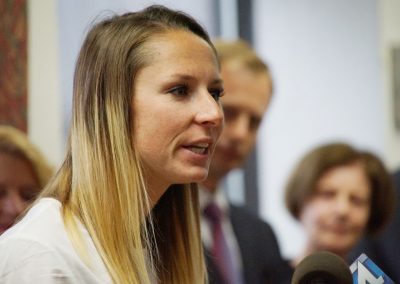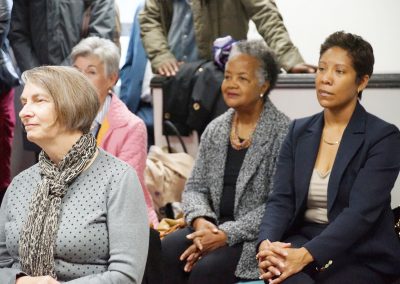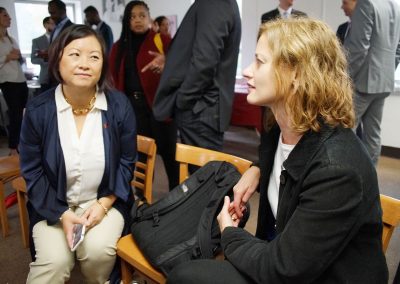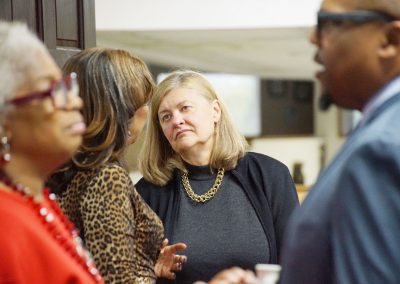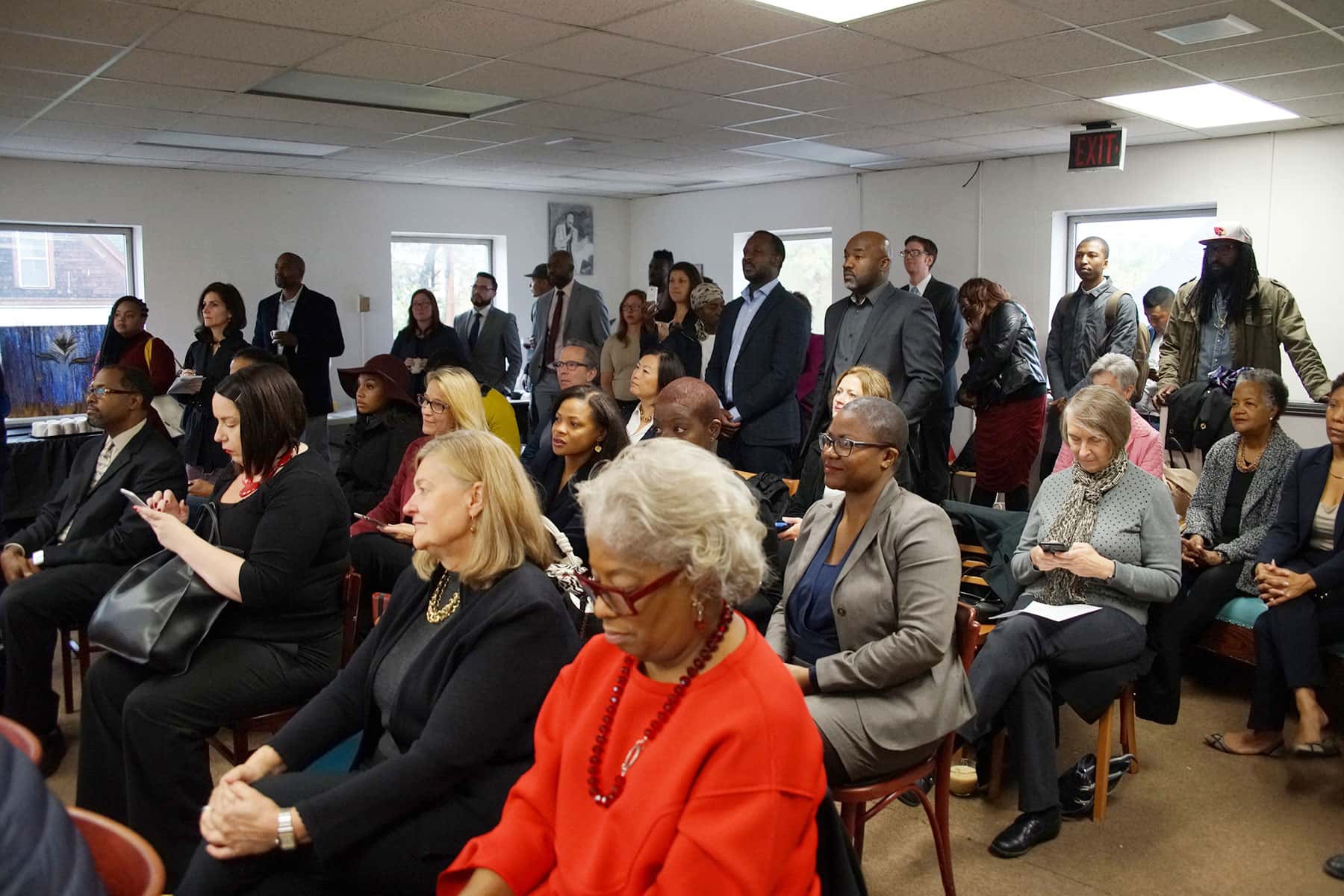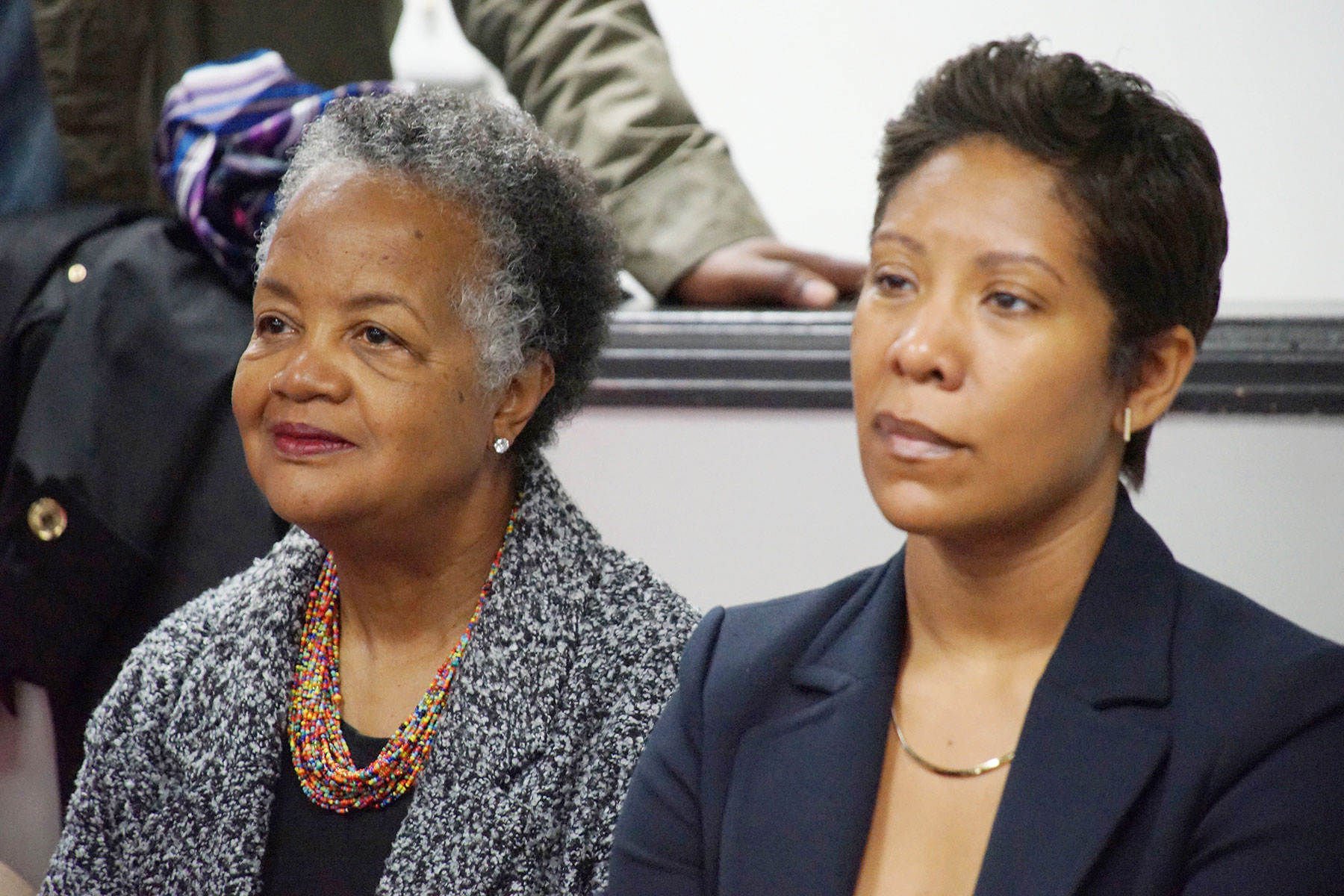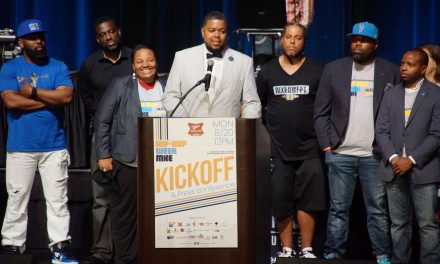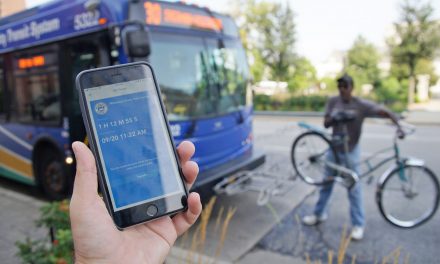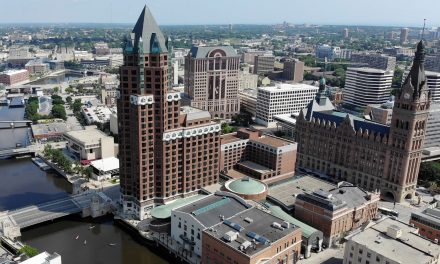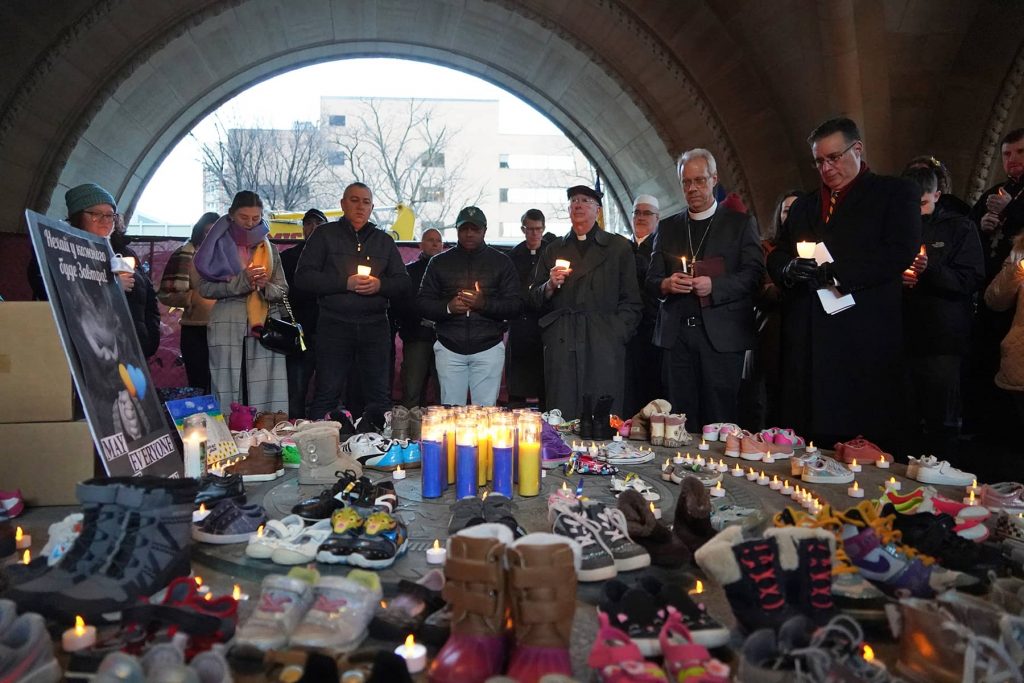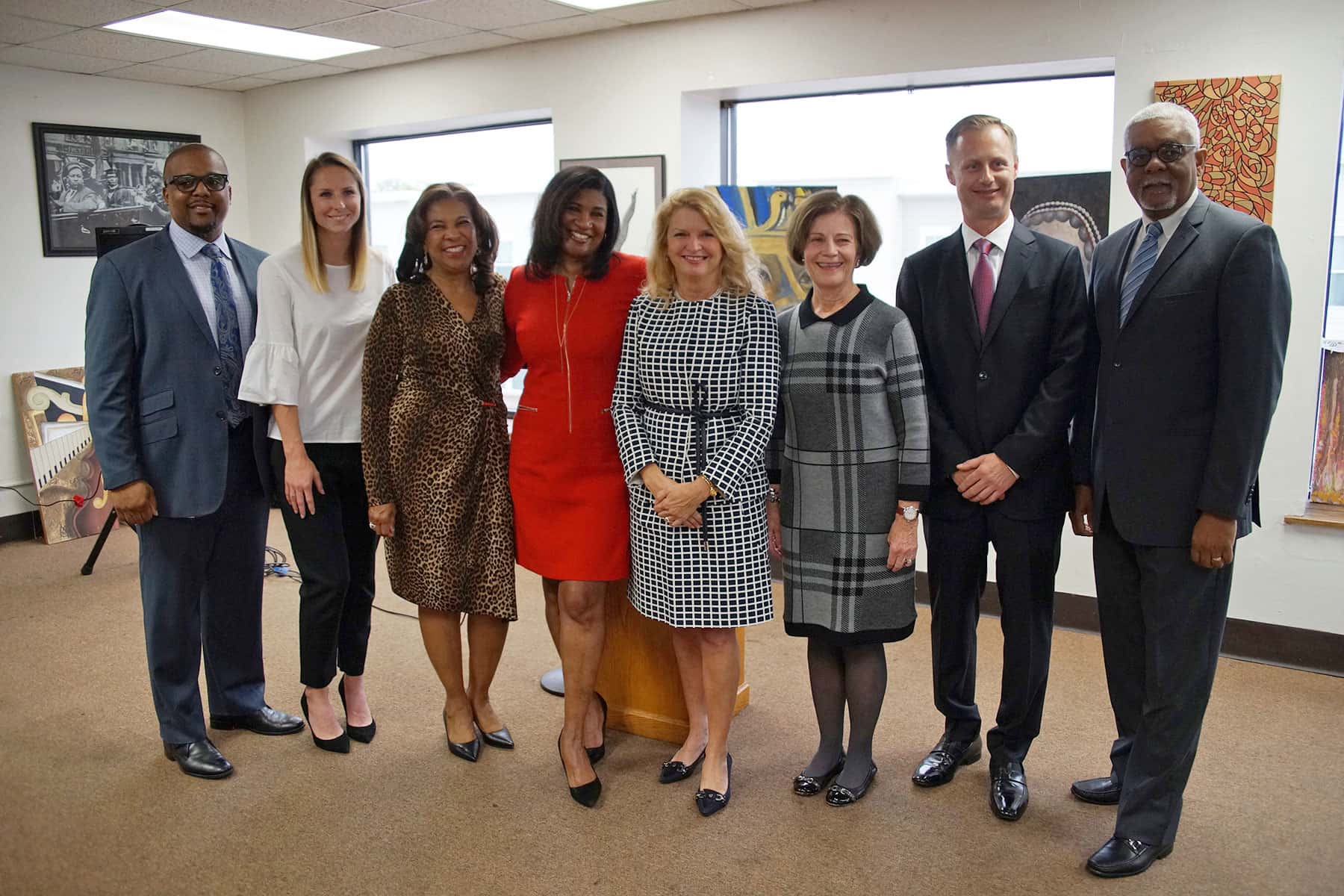
With a new $200,000 investment from JPMorgan Chase’s PRO Neighborhoods initiative, an economic development effort was announced by a group of nonprofit and business leaders on October 11.
To fuel entrepreneurship and revitalize commercial districts in distressed neighborhoods near Milwaukee’s growing downtown, the pilot project is intended to lay the groundwork for larger initiatives such as the City of Detroit’s successful Motor City Match program.
“Just as development capital has flowed to downtown opportunities, we want to make sure investments flow to adjacent cultural commercial corridors that have been plagued by historical disinvestment,” said Donsia Strong Hill, executive director of LISC Milwaukee. “This strategy will help these districts stabilize and mitigate the risk of displacement”, explained Strong Hill.
The pilot, called “Ramp Up” aims to catalyze the revitalization of distressed properties along commercial districts in neighborhoods adjacent to the downtown through façade grants and white-box grants, while accelerating a pipeline of promising local entrepreneurs to anchor districts at risk of over investment by outside developers.
The pilot phase includes developing and matching small businesses with “pop up” retail opportunities that activate commercial space, and make way for permanent retail placements.
“We believe that success depends on the public, nonprofit and private sectors working together,” said Brian Grossman, region manager, Commercial Bank, JPMorgan Chase. “Across the country, we have seen that partnerships are vital to the revitalization of neighborhoods, and we are proud to be a part of this opportunity to make a meaningful impact in Milwaukee neighborhoods.”
Financing for white box and facades will come from the City of Milwaukee, JPMorgan Chase, and Business Improvement Districts (BIDS). Donsia Strong Hill explained that the structure provides strong incentive for renovations. LISC will provide technical assistance to BIDs, property owners, and supplement funds with additional financing products as appropriate.
“In 2017, WWBIC celebrates 30 years of impact. This pilot is an incredible opportunity to build on our momentum of recent years and link the targeted entrepreneurs that we serve to a larger and more comprehensive city-wide effort. Entrepreneurship is an engine of job creation, and individuals who create employment for themselves usually hire from their immediate neighborhoods as well,” said Wendy Baumann, president and chief vision officer for WWBIC.
Wisconsin Women’s Business Initiative Corporation (WWBIC) will help identify and match small businesses and artists well-suited for the commercial districts and available space. This initiative builds on existing efforts by WWBIC to cultivate small businesses within the city, and emerging work with artists as entrepreneurs. Businesses would receive a small grant to develop their retail concepts, which could be supplemented by small business loans from the partnering agencies.
The goal is to set up “pop-up” shops in three commercial districts over the next year, where emerging retail entrepreneurs can test their projects and strategies. Twelve to fifteen retail-friendly businesses are expected to participate. The “pop-up” retail model, is used to activate space, and cultivate long-term retail opportunities for small business owners. “Pop-up” shops are growing in popularity due to the benefits: affordability, short term commitment, visibility, and opportunities to test products.
The pilot will also seed the launch of MORTAR, a Cincinnati-based, minority business accelerator. MORTAR enables under-served entrepreneurs and businesses to succeed through culturally-relevant cohort training, and pop-up retail experience. MORTAR also operates six pop up locations in Cincinnati, and will bring this expertise to this project. The Milwaukee MORTAR program will be housed at the African American Chamber of Commerce of Wisconsin (AACCW) in partnership with the Milwaukee Urban League (MUL) and LISC.
PRO Neighborhoods is JPMorgan Chase’s $125 million initiative that provides capital to local community development financial institutions (CDFIs) to address the drivers of economic opportunity in neighborhoods. The CDFIs work together to pool resources and expand lending activities for building health and education facilities, open retail centers and support community services in under-resourced neighborhoods.
Lee Matz
Local Initiatives Support Corporation (LISC) is the recognized leader in neighborhood development. LISC provides programs, tools and investments that help communities thrive. Since 1980, LISC national has marshaled $13.7 billion from investors, lenders and donors to foster the revitalization of more than 300 urban neighborhoods and rural communities. Since 1995, LISC Milwaukee has invested $140 million in the central city by mobilizing resources for neighborhood revitalization and investing these funds through grants, loans and technical assistance to neighborhood-based community development efforts. Visit: www.lisc.org or www.lisc.org/milwaukee.
JPMorgan Chase & Co. (JPM) is a leading global financial services firm with assets of $2.6 trillion and operations worldwide. The Firm is a leader in investment banking, financial services for consumers and small businesses, commercial banking, financial transaction processing, and asset management.
Wisconsin Women’s Business Initiative Corp. (WWBIC) is a leading, innovative economic development corporation “Putting Dreams to Work.” WWBIC’s primary focus is on women, people of color and low income individuals, providing direct lending and access to fair and responsible capital, quality business education, one-on-one technical business assistance and education to increase financial capability. In 2017 WWBIC celebrates 30 Years of Impact and has directly lent over $60 million in micro and small business loans with a current loan portfolio of $17 million and 500 active borrowers.
The mission of the African American Chamber of Commerce of Wisconsin (AACCW) is to support the growth and sustainability of African American owned businesses through access to capital, advocacy, business development, and strategic partnerships, and to promote economic and educational vibrancy in communities of color.
The Milwaukee Urban League has been a catalyst for social justice and change for over 95 years, helping minorities seize opportunities that promote quality of life. A dedicated team of staff, volunteers, sponsors, and the Board open doors to information, skill development, and other support, to help African-Americans and other minorities achieve their full potential.

